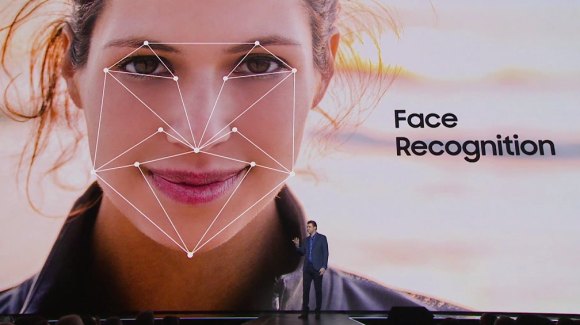IBM has announced that it plans to discontinue all its research and development of facial recognition technology. Specifically, it would no longer offer general purpose facial recognition or analysis software. The company is now calling for a closer look at its use in law enforcement.
According to a report by The Verge, IBM’s chief executive officer Arvind Krishna said in a letter to the US Congress that the company firmly opposes and will not condone the use of any technology, including facial recognition technology offered by other vendors, for mass surveillance, racial profiling, violations of basic human rights and freedoms.
Facial recognition technology has improved greatly over the past decade thanks to advancements in artificial technology. But it has been in the news for the wrong reasons as a 2018 study by MIT has found facial-analysis software has a bias towards dark-skinned individuals making it an unreliable tool for law enforcement. Companies such as Clearview AI, Amazon and Facebook have demonstrated disregard for privacy as they search training for data for a facial recognition model. More often than not they proceed without permission, from social media sites or sites where photos are shared under a Creative Commons license.

The recent surge in anti-racism movement in the US as a result of the death of George Floyd has once again sparked the debate about how the technology is used by law enforcement agencies. There is a concern for its ability to track entire populations by racial lines. IBM’s opposition to the misuse of facial recognition services is the strongest yet from a major tech company.
“We believe now is the time to begin a national dialogue on whether and how facial recognition technology should be employed by domestic law enforcement agencies,” said Arvind in the letter.
Closer to home, Malaysia is still in the early phases of implementing facial recognition technology. To date, its implementation has largely been relegated to the commercial sector. Malaysia Airlines recently started using a new Single-Token system that uses facial recognition to reduce the need for passengers to produce their documents at KLIA. A similar system, named FACES, was implemented by AirAsia to replace boarding passes.
[SOURCE]







